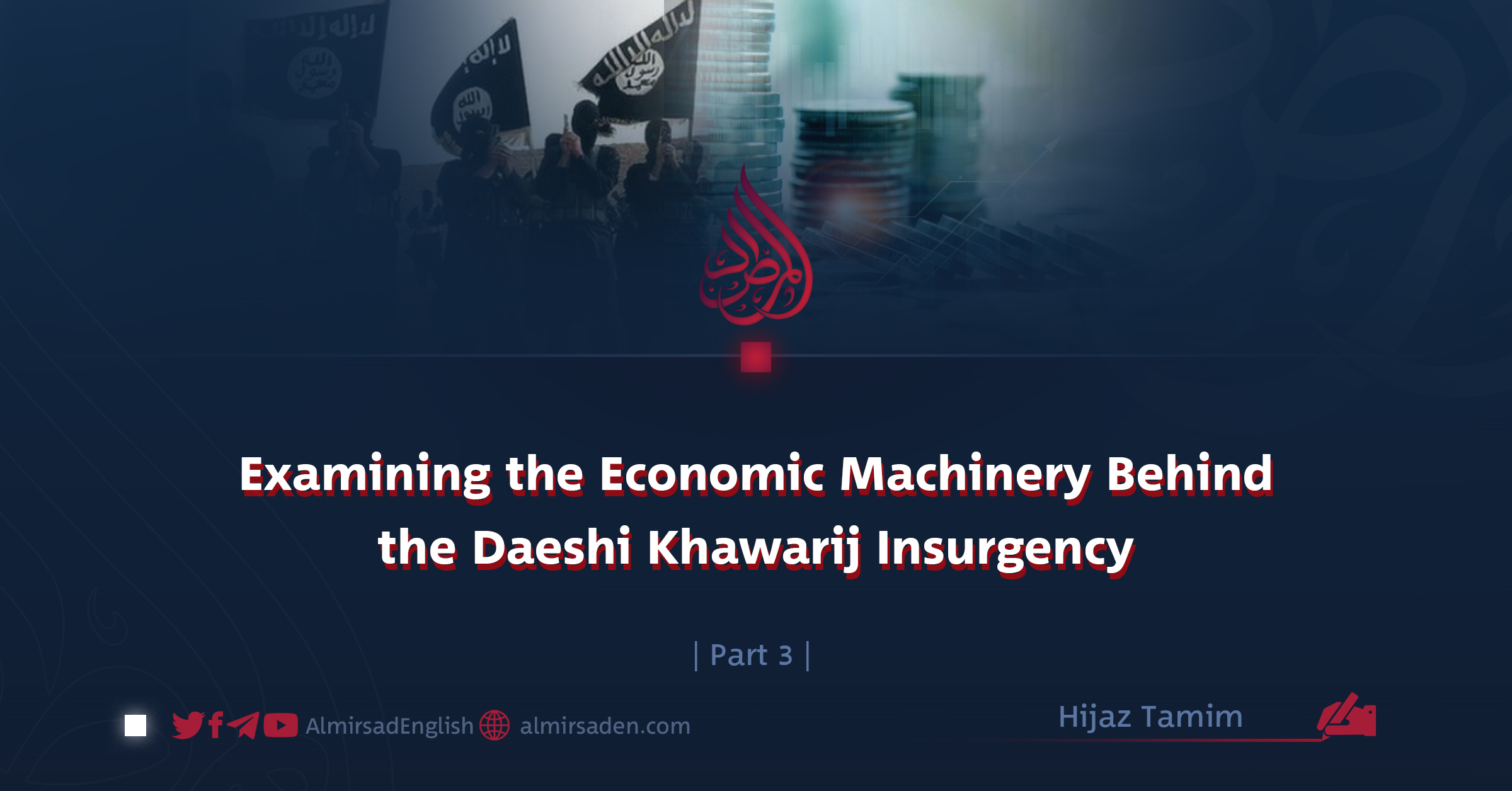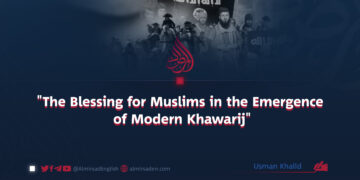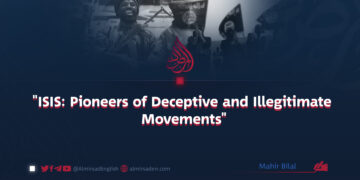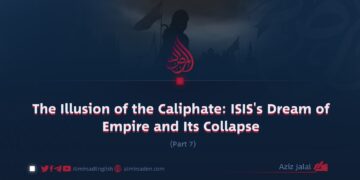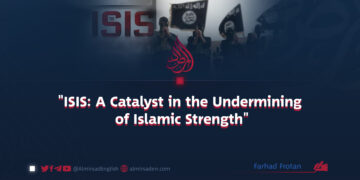Part 3
Author: Hijaz Tamim
External Financial Sources
ISIS is widely regarded as one of the wealthiest terrorist organizations in modern history. To sustain its extensive military operations, propaganda efforts, and administrative machinery, the group has drawn upon a wide array of financial sources. While ISIS has consistently pursued financial self-sufficiency, it has also benefitted from significant external funding. These external sources refer to financial channels originating from foreign countries, institutions, or individuals.
Key sources of external financial support include:
– Government-linked aid from certain Gulf countries
– Wealthy individual financiers from the Gulf
– Charitable foundations and organizations
– Theft of humanitarian aid
– Donations via social media and encrypted networks
– A fifth share (khums) of war spoils
– Personal assets of foreign sympathizers
– Financial contributions from the families of militants
These sources are examined below in further detail.
Support from Gulf Countries
Although ISIS has consistently pursued financial self-sufficiency, it nonetheless received substantial external support from certain Arab nations—including Kuwait, Saudi Arabia, and the United Arab Emirates—for various strategic purposes. Notably, Kuwait provided overt financial backing to ISIS between 2013 and 2014.
According to the Russian Institute for Strategic Studies, this support was primarily aimed at toppling the Syrian government. Similar assessments have been presented by Dr. Günther Meyer, Director of the Center for Research on the Arab World at the University of Mainz in Germany, and by multiple Iraqi officials.
Following mounting international criticism and diplomatic pressure, several of these countries enacted legislation to curb the flow of funds to extremist groups. In 2013, Saudi Arabia criminalized financial support to ISIS, and other Gulf states followed with similar legal restrictions. However, despite the introduction of these laws, financial aid often continued indirectly through intermediaries and disguised channels.
Individual Financiers from the Gulf
A significant portion of ISIS’s external funding came from private individuals based in the Gulf region. Members of royal families, affluent businessmen, and ideologically driven individuals from countries such as Qatar, Saudi Arabia, Kuwait, and the UAE played a pivotal role in financing ISIS.
According to various intelligence and media reports, between 2013 and 2014 alone, these individuals collectively contributed over $40 million in cash donations to the organization. Many of these contributions were driven by ideological alignment with ISIS or by political motives tied to regional power dynamics.
Furthermore, private donors from outside the Middle East—often influenced by ISIS’s propaganda and convinced of the group’s religious legitimacy—also contributed financially to support its cause.































